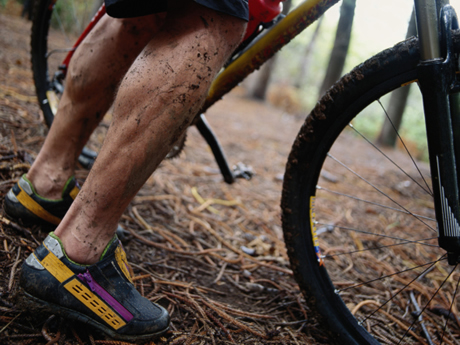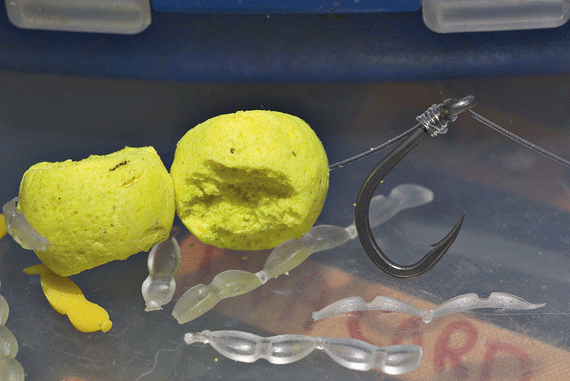Tournament Scores
Question
Hi John
My name is Brent and I am a 20 year old university student from Quebec, Canada.
I am a pretty solid golfer, about a 4 handicap. In most rounds at my home course I can keep it low to mid 70's no problem, and on a really good day I can get it in the 60s. But, these scores just don't transfer over to my tournament play. I get nervous and find it very hard to get off to a good start when the pressure is on - quite often I will bogey the first five or six holes and have trouble rebounding and end up shooting in the mid 80s. Another frequent occurance is in two day events, after I butcher the first round, the pressure will be off and I will shoot in the low 70s in my second round - one time I shot 89-70 at my Club Championship! I really want to play competitive tournament golf, because I know I have the game to compete with the best of them. I just don't know how to properly prepare myself mentally and physically to start well and keep it going. I play on the Canadian University golf tour for Bishop's University and my coach is counting on me to work on making my game consistent because he sees the potential there. Thanks for your advice, I greatly appreciate it!
Yours truly,
Brent
Answer
Hello Brent: I know this won't make much difference in the way you feel, but this is quite a common problem. Everyone responds to pressure differently with some handling it better than others. There are two main things at work here; one is what is known as a comfort zone. People like to feel comfortable and will avoid doing things that make them feel otherwise. That's why you see players having an extremely good 9 coupled with one that brings them back to a scoring range they find comfortable. The reverse is true also; shooting lights out on the back to save the round, only to fall within that zone.
The way to get comfortable with a lower zone, faster than by playing your way there, is to walk the walk and talk the talk so to speak. This refers to self-talk; what you say to yourself, what you let yourself think about, what your dreams and fantasies are. Sure you're going to have bad memories but when those pop into your head, replace them with good ones and create scenarios in which you're under the gun and play the way you know you can. Recall how good shots, holes, nines and rounds make you feel; then relish those feelings and just before you play a shot in competition, try to re-create that feeling as you visualize the shot you want to make.
Another factor in play here is your focus and how it changes during the round. An example is how you wake up suddenly to realize you're 3 or 4 under and begin protecting against letting it get away. Another example which you mention is playing the first round of two, or the first 9 in such a manner as to basically shoot yourself out of it and then finish off the round or tournament with better than average play. I'm guessing your focus is to not shoot yourself in the foot early on and when that happens, your focus shifts to just hitting the ball and getting it over with. It's not so much that the pressure is off and you play better after butchering a start, it's that your focus shifts from performance or results to the shot at hand. Learn how to play one shot at a time by creating a pre-shot routine that encompasses visualization, set-up and swing without any thought as to how it should happen or fears of how it might happen.
Keep in mind that the mind does not deal in negatives. It responds to what it抯 fed and responds much better to thoughts and pictures than words. I抦 sure you抣l agree that you seldom hit the fairway when the swing is preceded by thoughts about where you don抰 want the ball to go. It takes discipline to back away from a shot when negative thoughts or pictures pop into your head, but you must get into the habit of replacing those with good thoughts and pictures.
I hope this has helped Brent. There are several sports psychologists who deal with this as well as books. One of the best I抳e read is called 揟he Inner Game of Golf? The best of luck to you!!
John
Practice Manual
TEE BOXES


